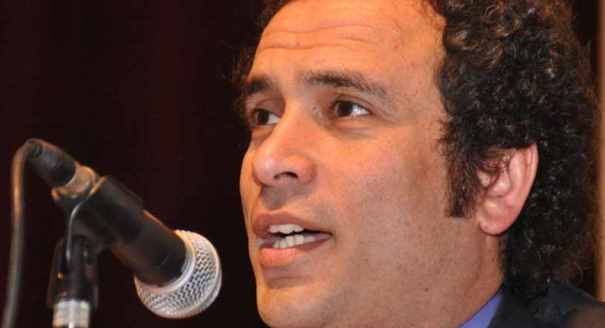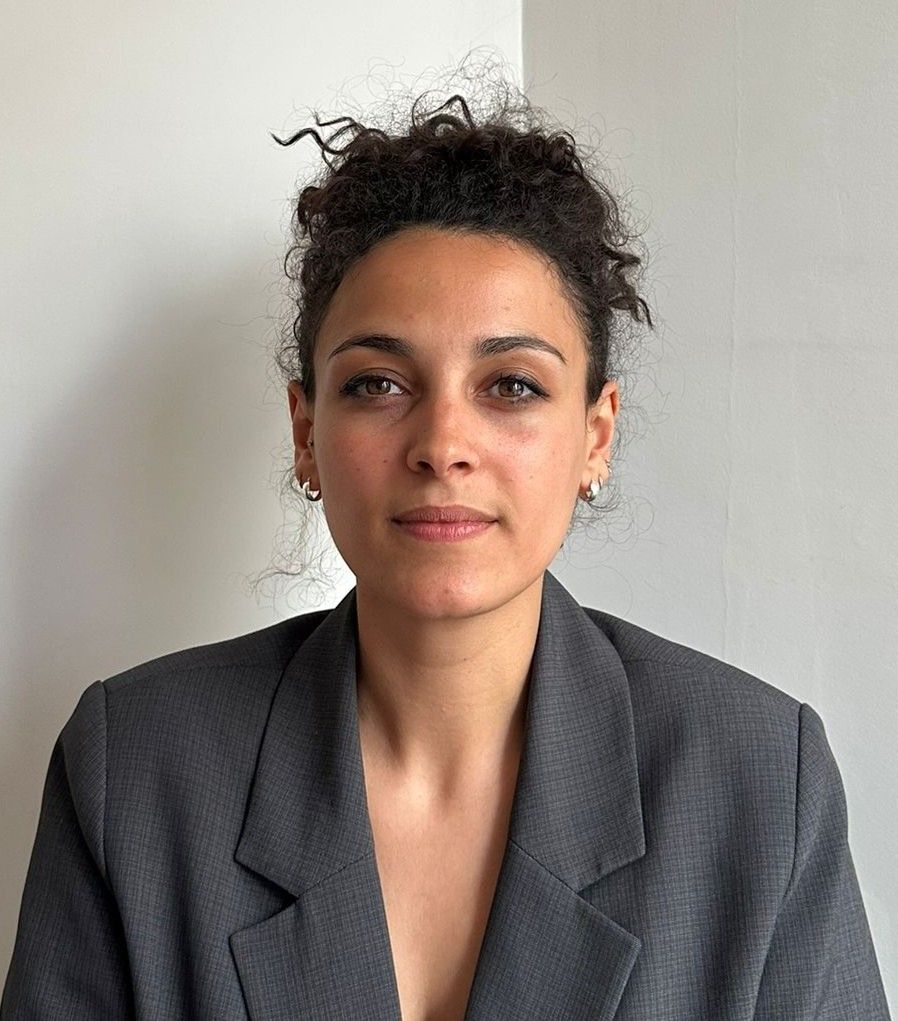Supporters of democracy within and outside the continent should track these four patterns in the coming year.
Saskia Brechenmacher, Frances Z. Brown
{
"authors": [],
"type": "other",
"centerAffiliationAll": "",
"centers": [
"Carnegie Endowment for International Peace"
],
"collections": [],
"englishNewsletterAll": "",
"nonEnglishNewsletterAll": "",
"primaryCenter": "Carnegie Endowment for International Peace",
"programAffiliation": "",
"programs": [],
"projects": [],
"regions": [
"North Africa",
"Egypt"
],
"topics": []
}
Source: Getty
A backgrounder on the Egypt Freedom Party.
This resource was published on 09/21/2011 and is not updated to reflect changing circumstances.
The Egypt Freedom Party is best characterized as social-democratic, threading a fine line between free enterprise and social justice as well as between secularism and willingness to cooperate with Islamists. It was a founding member of the Egypt Bloc but left on October 15,2011 due to disputes with the Social Democratic Party and concerns over the inclusion of former members of the National Democratic Party on party lists. It participated in the 2011 parliamentary elections as a member of the “Completing the Revolution” Alliance.
Amr Hamzawy: Founder and President
Anji Maseehi: Founding member
Jilan Aouf: Founding member
The Egypt Freedom Party was formed on May 11, 2011 by the popular Egyptian intellectual Amr Hamzawy yet remains officially unlicensed. A month earlier, Hamzawy had resigned from the newly formed Egyptian Social Democratic Party after it released a statement condemning violence used against protesters by the Supreme Council of the Armed Forces. Hamzawy rejected the condemnation of the military as an institution.The party advocates the transformation of Egypt into a democratic civil state rather than an Islamic one. In many respects it is similar to Naguib Sawiris’ Free Egyptians Party and other liberal parties, except that it places a greater stress on social justice and the welfare state. However, unlike other parties who stress social justice and redistribution, the Egypt Freedom Party does not favor nationalization of industry and Hamzawy has defended capitalism and the market economy. The party has supported marches in Tahrir Square against military trials and for a civil state in Egypt.
Carnegie does not take institutional positions on public policy issues; the views represented herein are those of the author(s) and do not necessarily reflect the views of Carnegie, its staff, or its trustees.
Supporters of democracy within and outside the continent should track these four patterns in the coming year.


Saskia Brechenmacher, Frances Z. Brown
2026 has started in crisis, as the actions of unpredictable leaders shape an increasingly volatile global environment. To shift from crisis response to strategic foresight, what under-the-radar issues should the EU prepare for in the coming year?

Thomas de Waal
The UN Support Mission in the country should reassess its approach so that consensus between the warring parties becomes the eventual goal, rather than a procedural matter that dogs the negotiating process at every turn.

Soraya Rahem
Mustaqbal Misr has expanded its portfolio with remarkable speed, but a lack of transparency remains.

Yezid Sayigh
Its role in facilitating security, governance, and other key components of the plan would help avoid the dangers of a permanent transitional administration.

Amr Hamzawy